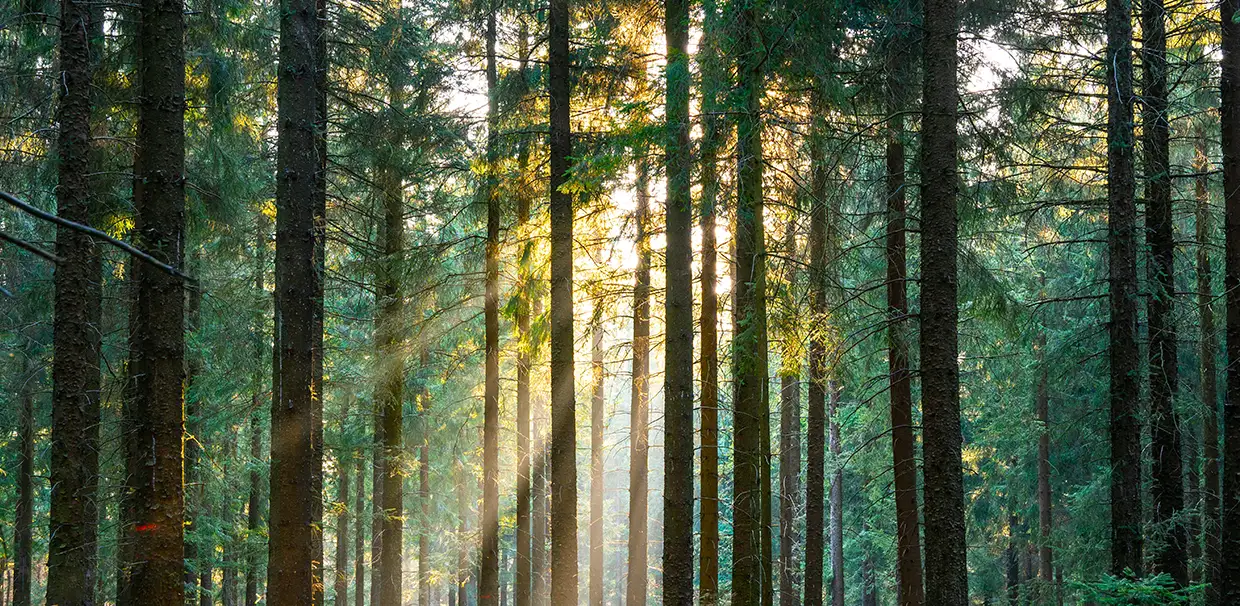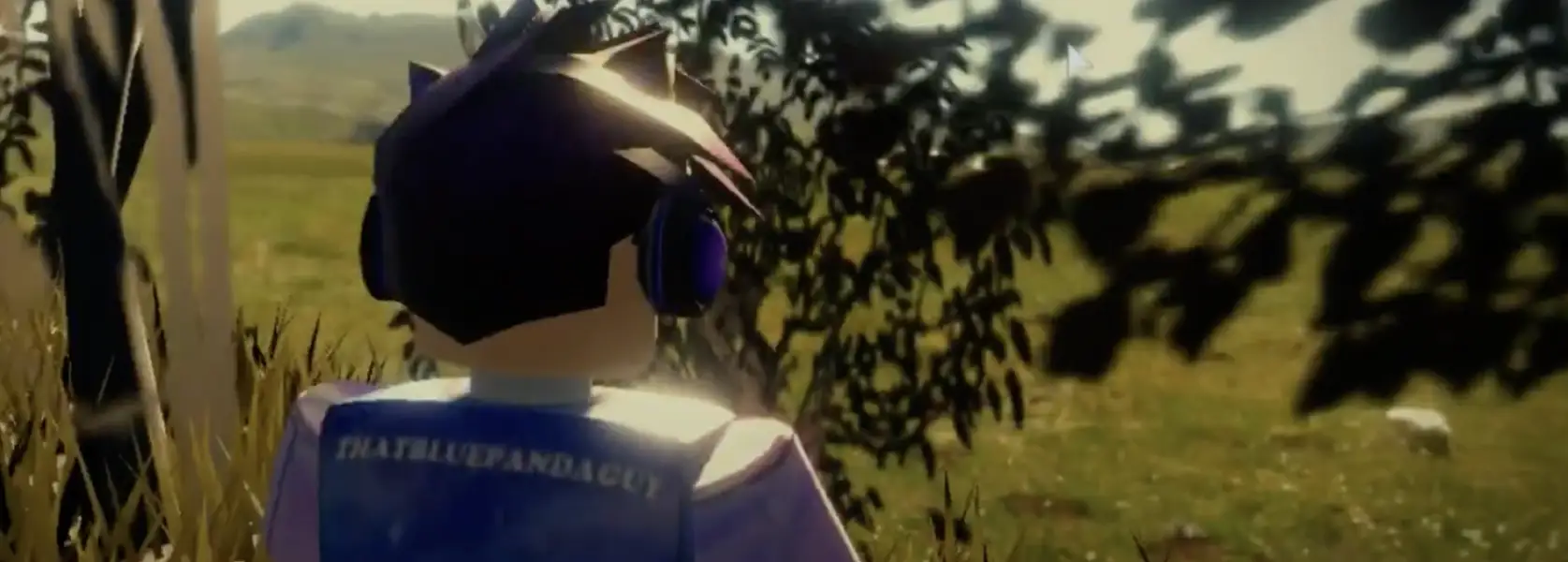
DIGITAL VOICES OF THE FUTURE
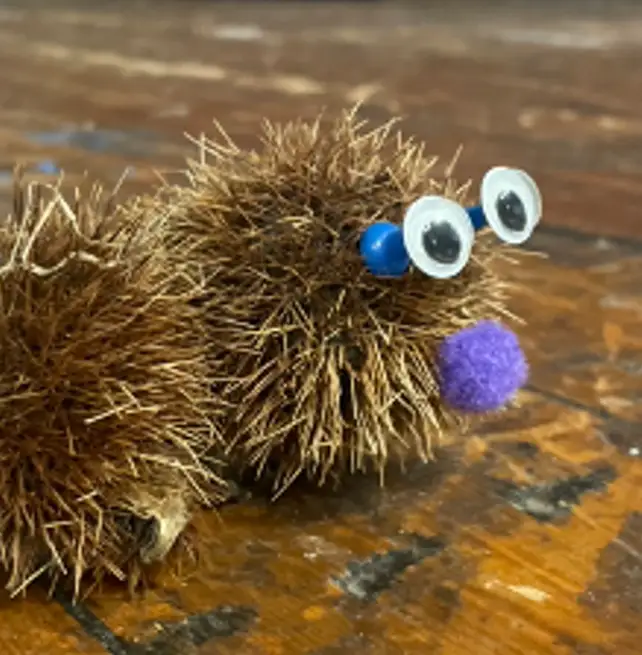
We are Digital Voices of the Future.
- Can games inspire children and young people towards deeper and richer engagement with their local environments?
- Can children co-design and develop games that are fun to play, but that also enable them to understand the role that trees play in supporting healthy neighbourhoods?
- Are games an effective way to enable voices of children and young people to influence local to national environmental policy making and implementation?
We are team of schools, researchers, game designers and community woodland foresters who believe that the answer to these questions is a big loud YES!
Find out about what we are doing, and why we are doing it. Oh, and meet Frederick, our project mascot… just putting some eyes on the husk of a sweet chestnut turns an object that we may not consider into a character… maybe he will end up in a game?
ABOUT THE PROJECT
The future of UK treescapes belongs to the children and young people of today: they will witness and judge the long-term legacy of the decisions made today about planting and caring for trees in the UK.
Digital Voices of the Future is one of five knowledge exchange projects funded in 2023 as part of a UKRI joint research councils (NERC, ESRC, AHRC) programme the Future of UK Treescapes. A larger companion project within the Treescapes programme, Voices of the Future has been working since 2021 to hear the voices of children and young people, developing new methods of engaging them in the design, creation and caring of mainly urban treescapes.
Digital Voices of the Future aims to amplify the reach of what has been learned during Voices of the Future to a potential global audience of millions through different gaming environments. We will co-produce and share games enabling children to visualise and explore what future treescapes could look like as a response to different choices made within their lifetimes. By simulating existing and new treescapes within real-world and imagined contexts, we can apply new knowledge of carbon storage and how children understand treescapes arising from VoF into game environments. This will afford children opportunities to envisage the worlds they would like to inhabit in symbiosis with their treescapes and experience a simulation of futures that are otherwise challenging to imagine, and even harder to place themselves within.
MEET THE TEAM
Digital Voices of the Future is a diverse team representing schools, university academics, community woodlands and national policy markers.
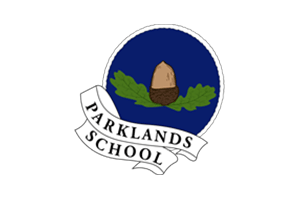
Parklands Community Primary and Nursery School
Located in Ellesmere Port, and part of the Concordia Multi-Academy Trust, around 60 children in Years 5 and 6 of the school and their teachers are working as games designers and developers, from setting up the stories, characters and settings, right through to play-testing and sharing their games.
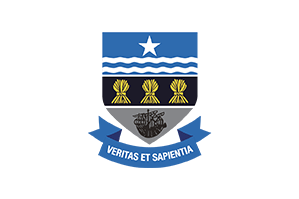
Ellesmere Port Catholic High School
Also located in Ellesmere Port, we are delighted to be working with a volunteer team of around 30 children in Years 7 and 8 for the duration of the project, right from initial game design through to plat-testing and publishing their games.
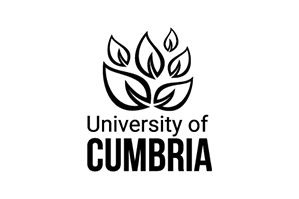
University of Cumbria
Dr Simon Carr is the project PI, with expertise in the application of 3D imaging to studying the links between structure and function within different environmental contexts. He will lead the project and will offer the scientific input for assets and mechanics in the game development. He is supported by Dr Ian Davenport, PDRA on the Voices of the Future project.
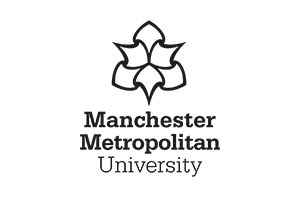
Manchester Metropolitan University
Dr Khawla Badwan is an Applied Linguist with experience of working in primary and tertiary language education research in the UK and internationally. Her role will focus on the narrative building and world-building stages of the project working multi-modally with and beyond language, exploring synergies between online and offline affordances and adding a critical cultural and epistemic lens to knowledge production and sharing. Dr Su Corcoran is an educational researcher and in this project focuses on the interplay of ‘Hopeful Treescapes’ with both notions of inclusion and national curriculum requirements, as well as safeguarding and ethical processes of knowledge exchange.
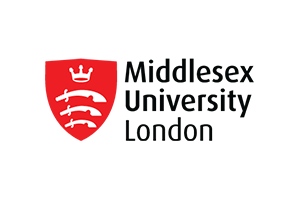
Middlesex University London
Professor Johan Siebers is a Philosopher who works with communities to explore the utopian theories of Ernst Bloch. He brings the philosophical framing of hope within the narrative world-building into the project.
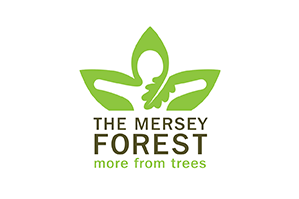
The Mersey Forest
Dr Dave Armson and Dr Susannah Gill both represent The Mersey Forest, one of the 15 Community Forests in England. Dave and Susannah have a strong track record of engaging with academic research and translating this into policy and practice. They are currently refreshing the strategic Mersey Forest Plan for 2025, and are using this project to examine how games can enable children’s voices to be heard in the refreshing of that plan.

X||dinary Stories
Our games developers Dr Dylan Yamada-Rice & Dr Eleanor Dare are experts in the co-production of digital/virtual games and stories. They are specialists in embedding audiences in research, development and user-testing through the teaching and use of industry-standard soft and hardware. Using physical, virtual and digital materials and a range of gaming engines, they have extensive experience working with children, young people and marginalised groups in co-generation of games.
WHAT ARE WE DOING?
Why not take a look at our project information cartoon, created by Dylan, which was used to explain what we would be doing with the children we have recruited to work with the team?
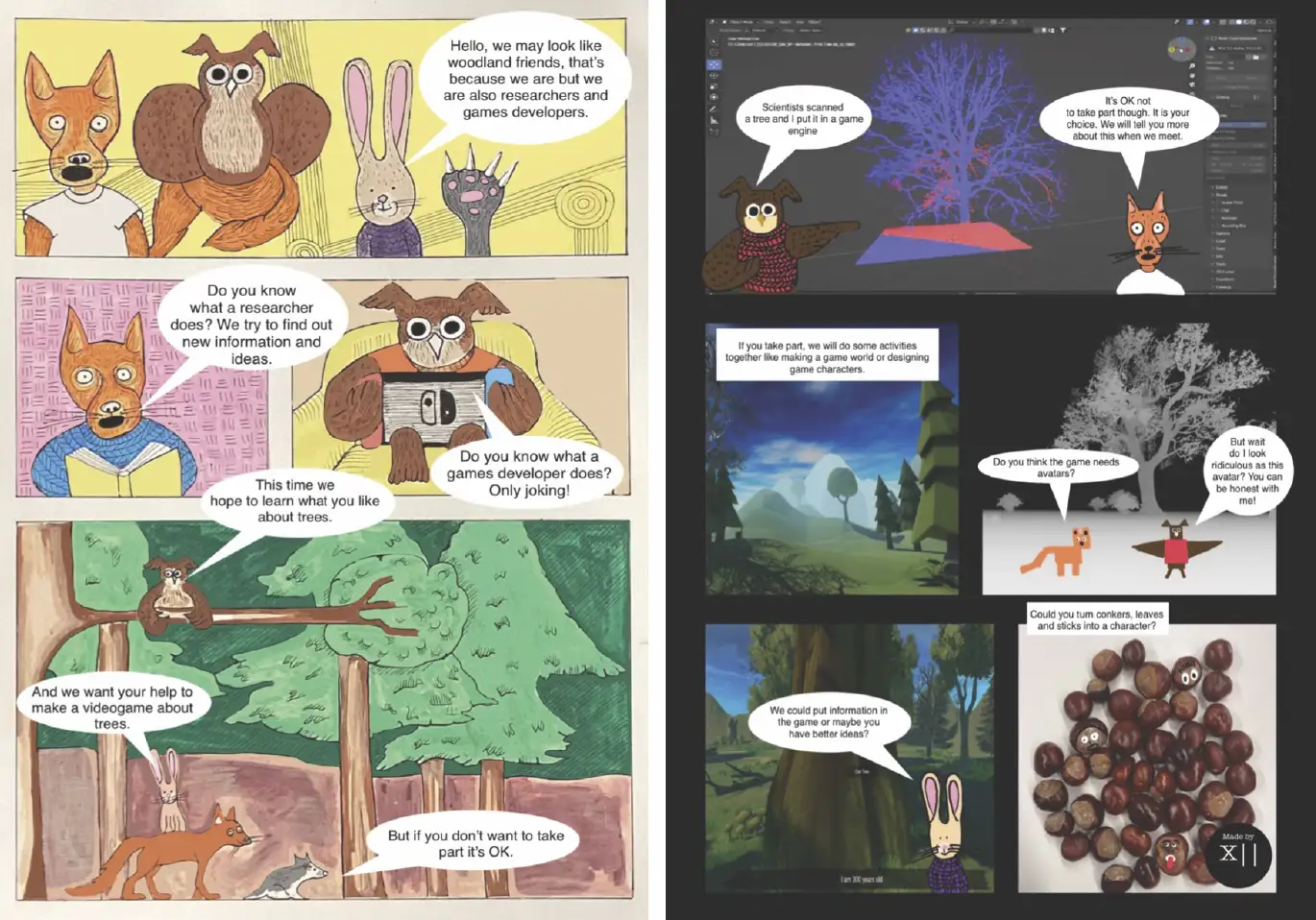
Over the course of 2023-2024, we are running a series of project encounters that follow the journey of game design and development from start to finish. In broad terms, the following outlines what each of the encounters taking place in both schools will be doing, and please take a look at the project blog to find out more about our activities.
- November 2023: Context setting: Project introduction, research/ethics/consent, game themes and ideas. Recruitment of Ellesmere Port Catholic High School participants.
- January 2024: World-building: Ideas, themes and components (visual, aural & sensory) mechanics and models/simulations
- February 2024: Characters/Narrative Building: Sharing stories of hyper-local treescapes, seeding ideas (e.g. carbon storage), mechanics for game worlds.
- April 2024: Play testing and iterative redesign within Roblox and Unity
- May 2024: Play testing and iterative redesign within Roblox and Unity
- June 2024: Connections between physical and virtual worlds; contributing to The Mersey Forest Plan 2025; Participatory evaluation process.
- Summer/Autumn 2024: Celebration/Showcase as precursor to wider release of games to external audiences;
After the formal end of the project, The Mersey Forest will host a final event, a Child-centred community tree planting: Public showcase of games, and translation of game ideas into real-world tree planting.

find out more
Games are a possible mechanism to enable the voices of sections of the public that are otherwise rarely heard to be incorporated into consultation and planning across the UK. Our project is being evaluated as a case study of this approach by DEFRA, who will be considering how we can connect different public audiences to engagement and consultation in real-world environmental planning.


